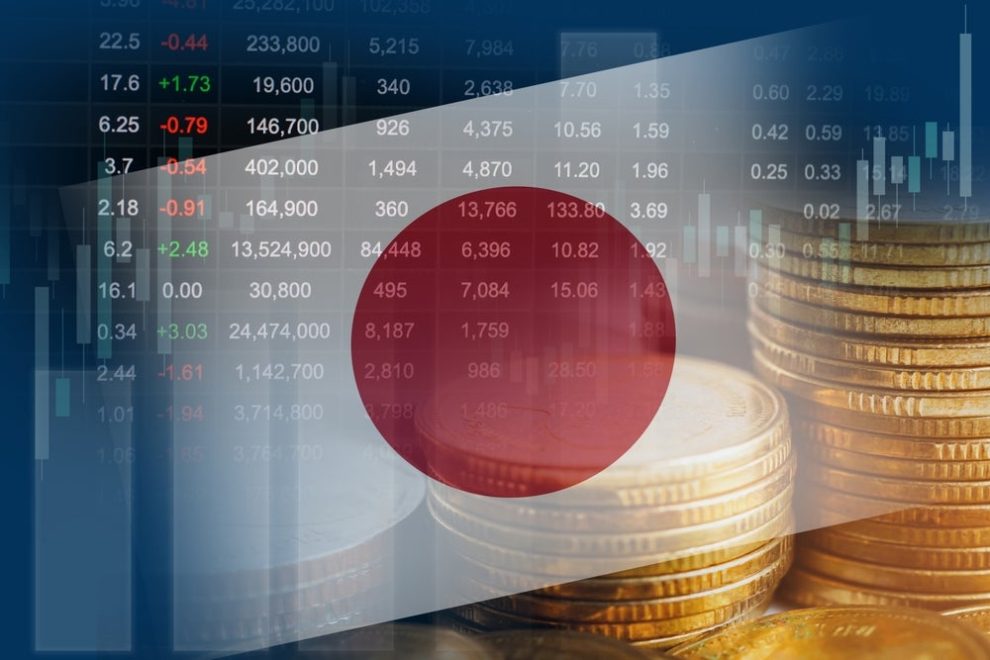Japanese government-bond yields are surging, and veteran Société Générale strategist Albert Edwards says the move could yank the rug from under U.S. stocks and Treasurys, warning of a potential “global financial-market Armageddon.”
What Happened: “Both the U.S. Treasury and equity markets are vulnerable, having been inflated by Japanese flows of funds,” Edwards wrote in a client note carried by Business Insider, adding that an unwind of the yen carry trade could create “a loud sucking sound in U.S. financial assets.”
“I would rank trying to understand and follow the surging long end of the JGB market as the number 1 most important thing for investors at the moment,” Edwards added.
Long-dated Japanese yields have blasted through multi-year highs after a string of weak debt auctions and the Bank of Japan’s decision to let its vast bond holdings run off. The 40-year JGB now pays almost 3.7%, while the benchmark 10-year yield hovers near 1.53%, its loftiest level since 2011, reveals Reuters.
Japan is still the single-largest foreign holder of U.S. Treasurys, with about $1.13 trillion on its books. For decades, Japanese investors borrowed cheaply in yen and plowed the cash into higher-yielding U.S. debt and stocks, a strategy known as the carry trade. If rising JGB payouts lure that money home, demand for Treasurys could dry up just as Washington faces a record $8 trillion in refinancing needs this year.
Governor Kazuo Ueda has already lifted short-term rates above zero and signaled further hikes, while the BOJ is “significantly” scaling back its ¥6 trillion monthly bond-buying program — moves that analysts call de-facto quantitative tightening. Foreign investors now hold a majority of newly issued JGBs, so less central-bank support is amplifying volatility at the long end of the curve.
Why It Matters: Rising Japanese yields are pushing global term premiums higher, says Reuters, propelling the U.S. 30-year Treasury above 5% for the first time since 2008 and rekindling equity-valuation jitters. Edwards argues that BOJ quantitative easing was “pivotal” to inflated U.S. tech valuations; its reversal could be a game-changer.
Analysts at Wellington and Kitco warn that a rushed carry-trade unwind could dump Treasurys, lift the dollar’s volatility and even drive haven demand into gold.
Image via Shutterstock








Add Comment